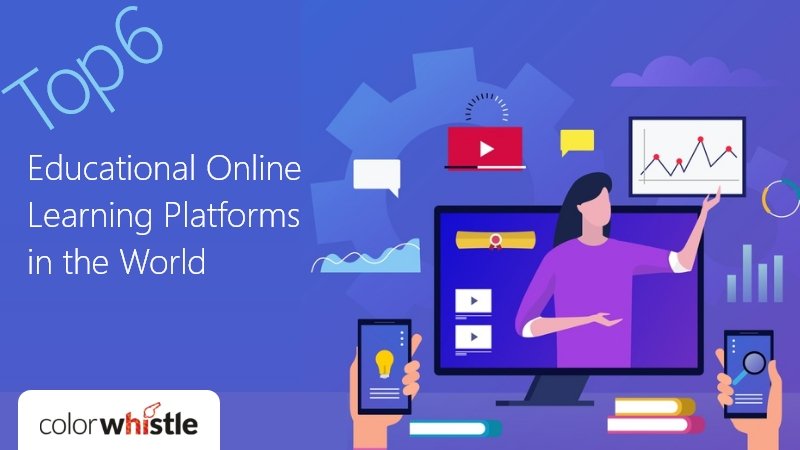Click Info Track: Your Daily Dose of Insights
Stay updated with the latest trends and information across various topics.
E-Learning Platforms: The Netflix Revolution in Education
Discover how E-Learning platforms are transforming education like Netflix revolutionized entertainment. Join the learning revolution today!
How E-Learning Platforms Are Transforming Education Like Netflix Changed Entertainment
The rapid advancement of technology has given rise to e-learning platforms, which are transforming education in a manner reminiscent of how Netflix revolutionized entertainment. Just as Netflix provided an on-demand viewing experience that allowed consumers to access a plethora of films and shows at their convenience, e-learning platforms like Coursera and Udemy offer learners the flexibility to choose courses from a vast library, catering to individual learning paces and preferences. This shift to digital learning not only democratizes access to education but also breaks geographical barriers, allowing students from all over the world to engage in high-quality learning experiences without the constraints of traditional classroom settings.
Moreover, the customization and personalization available through these e-learning platforms are redefining the educational landscape. Just like Netflix algorithms recommend shows based on viewing history, e-learning platforms utilize data analytics and AI to provide tailored course suggestions that align with the learner's interests and career aspirations. As a result, students are more likely to stay motivated and engaged. Institutions are also recognizing the potential of e-learning; according to EdTech Magazine, the continuation of this trend could make online education a permanent fixture in the global educational framework.

The Advantages of Subscription-Based Learning: A Deep Dive into E-Learning Models
The rise of subscription-based learning models has transformed the e-learning landscape, offering unparalleled flexibility and access to a plethora of resources. Unlike traditional learning frameworks, these models allow learners to choose from a wide array of courses and materials tailored to their specific needs. Platforms like Coursera and Udemy demonstrate how subscriptions can democratize education, granting users the ability to learn at their own pace, revisit challenging topics, and explore new subjects without incurring substantial costs for each individual course. This approach not only enhances knowledge retention but also fosters a culture of continuous learning.
Moreover, subscription-based learning often includes updated content and resources, ensuring that learners have access to the latest information and skills relevant to their fields. This model encourages learners to engage consistently, as they know their subscription grants them unlimited access to a vast library of knowledge. In fact, platforms like MasterClass provide exceptional quality content from industry experts, making it easier for users to gain insights into their chosen domains. The flexibility, accessibility, and ongoing updates make subscription-based learning an attractive option for anyone looking to enhance their skills in today's fast-paced world.
Are E-Learning Platforms the Future of Education? Exploring the Netflix Effect
The rise of e-learning platforms has transformed the way education is delivered, prompting the question: are they the future of education? One of the most significant influences on this trend is what many are calling the Netflix Effect. Just as Netflix reshaped the way we consume media by offering on-demand viewing and personalized recommendations, e-learning platforms are changing education into a more flexible and engaging experience. According to a report by EdTech Magazine, these platforms provide students the ability to tailor their learning experiences to fit their individual schedules and interests, paving the way for a more self-directed approach to education.
Moreover, the Netflix Effect goes beyond convenience; it also emphasizes content diversity and accessibility. E-learning platforms democratize education by offering resources that cater to various learning styles, akin to how Netflix features a vast library of genres. For instance, platforms like Coursera and Udemy provide courses from top universities and industry leaders, making quality education available to a global audience. This shift not only enhances the learning experience but also prepares students for a rapidly evolving job market, further solidifying e-learning as a formidable force in the educational landscape.